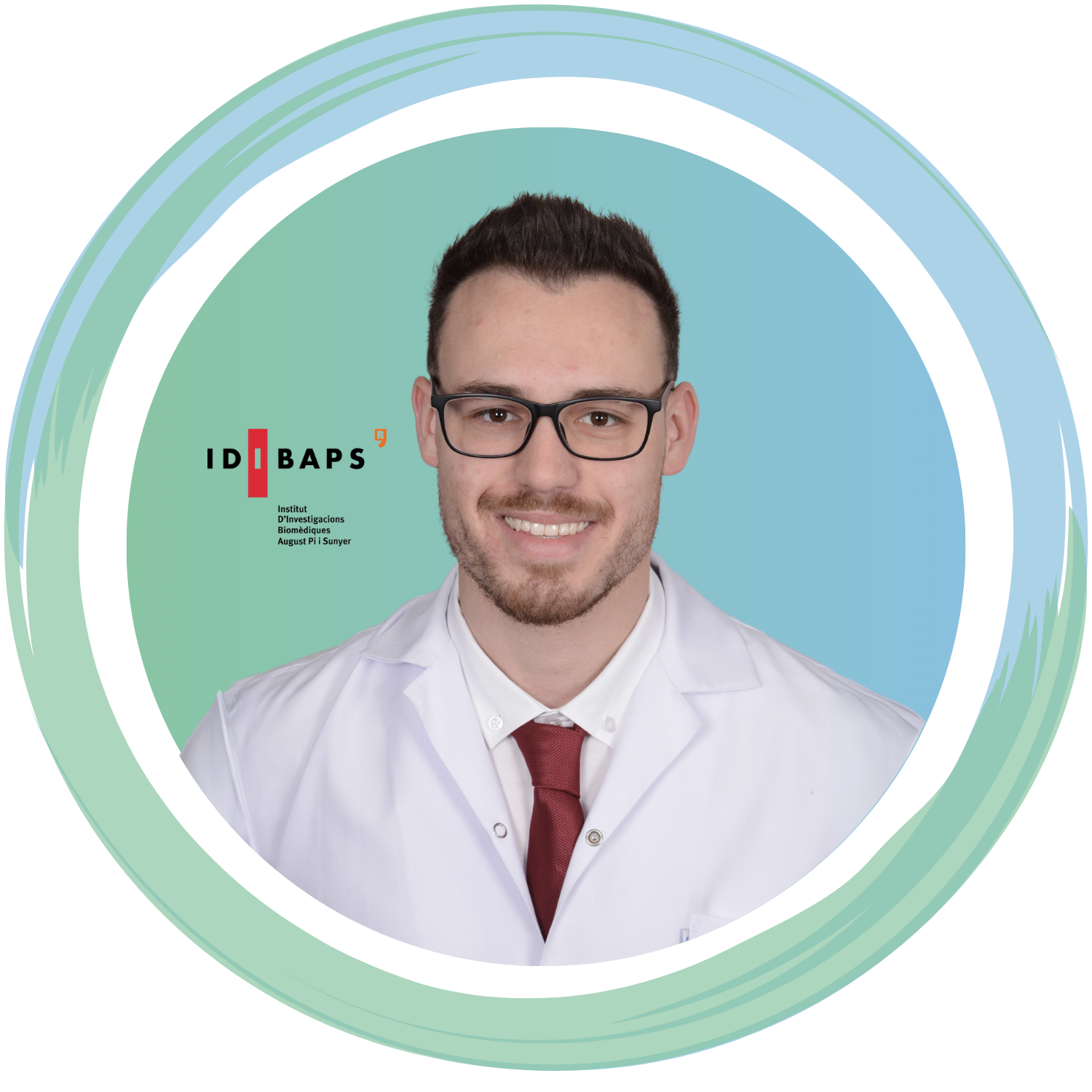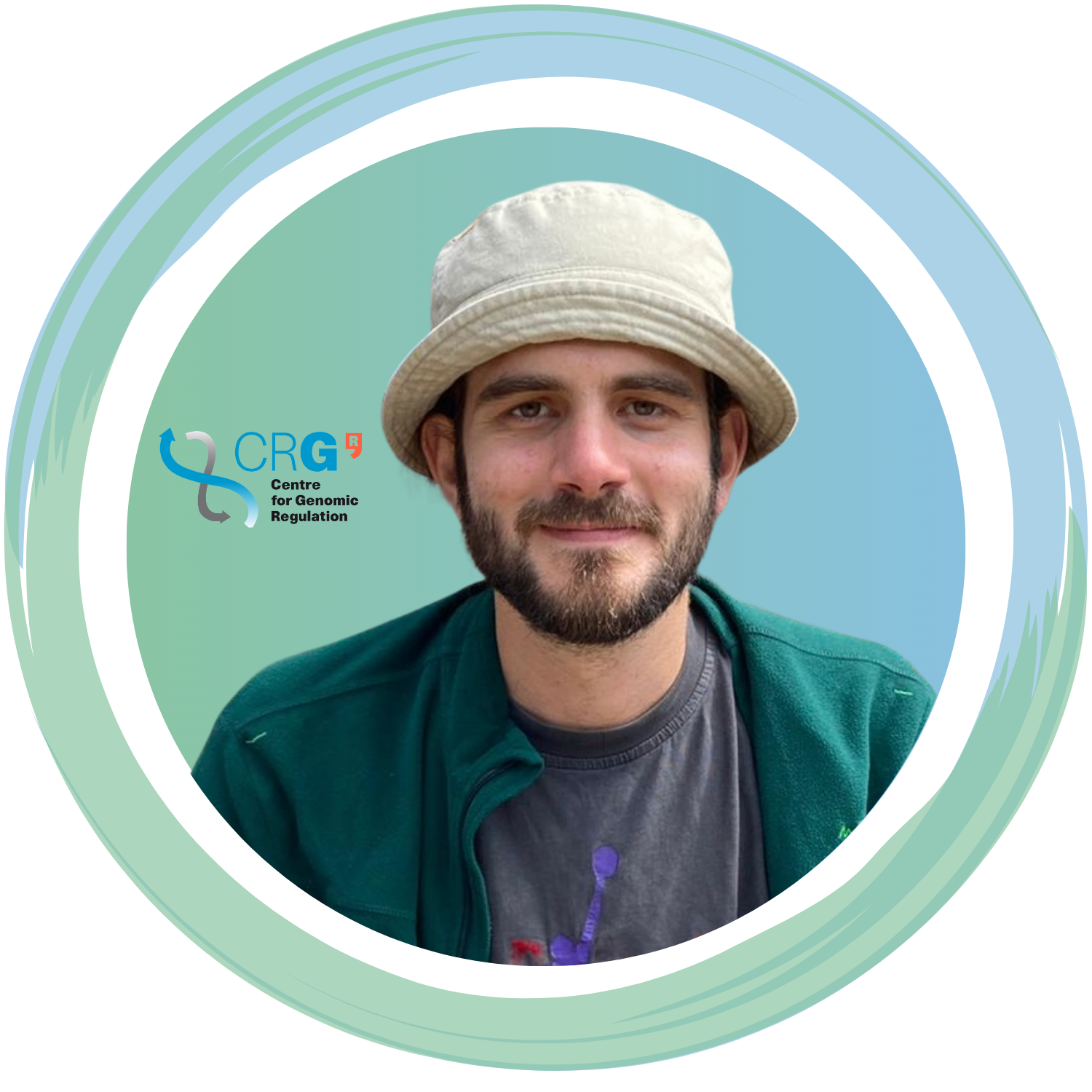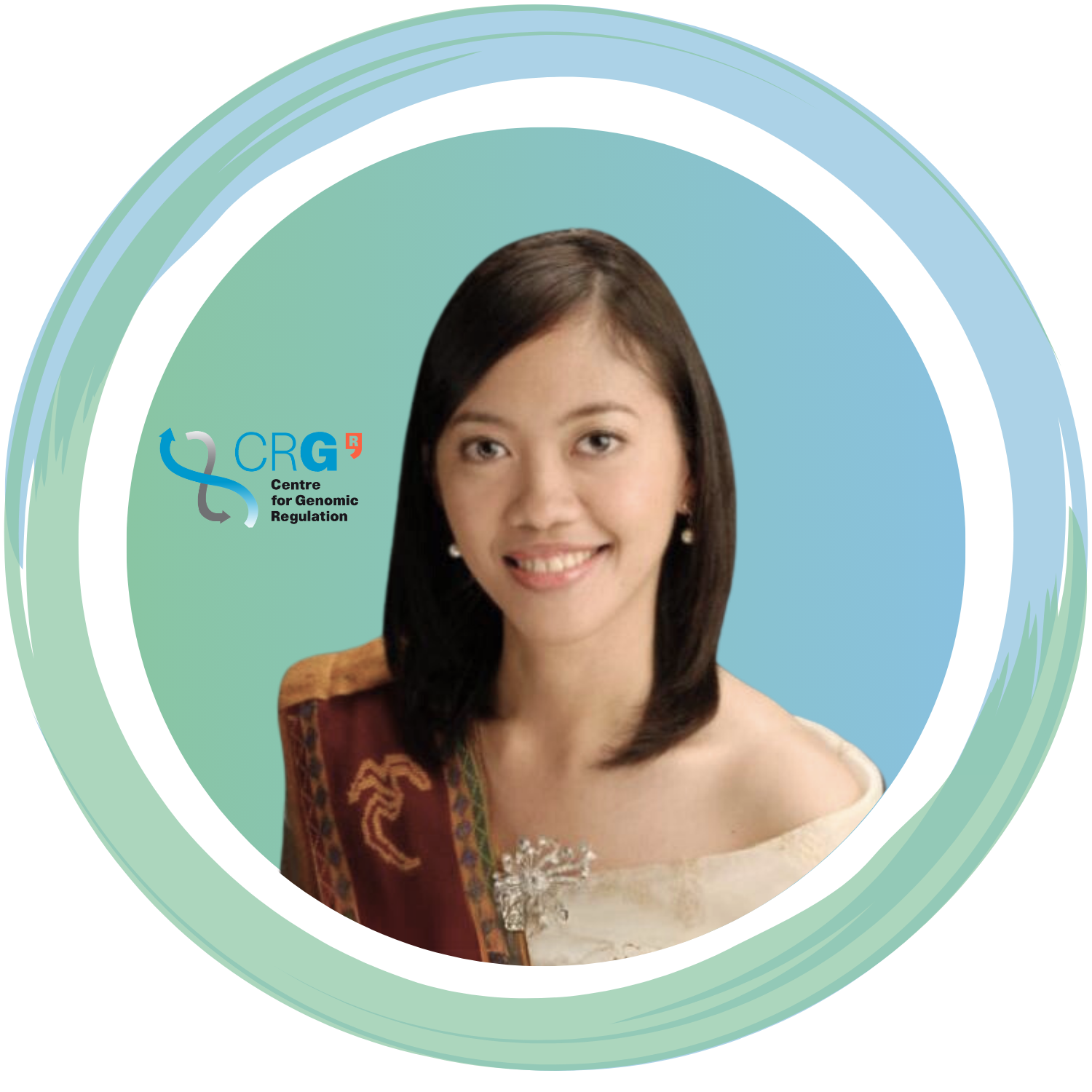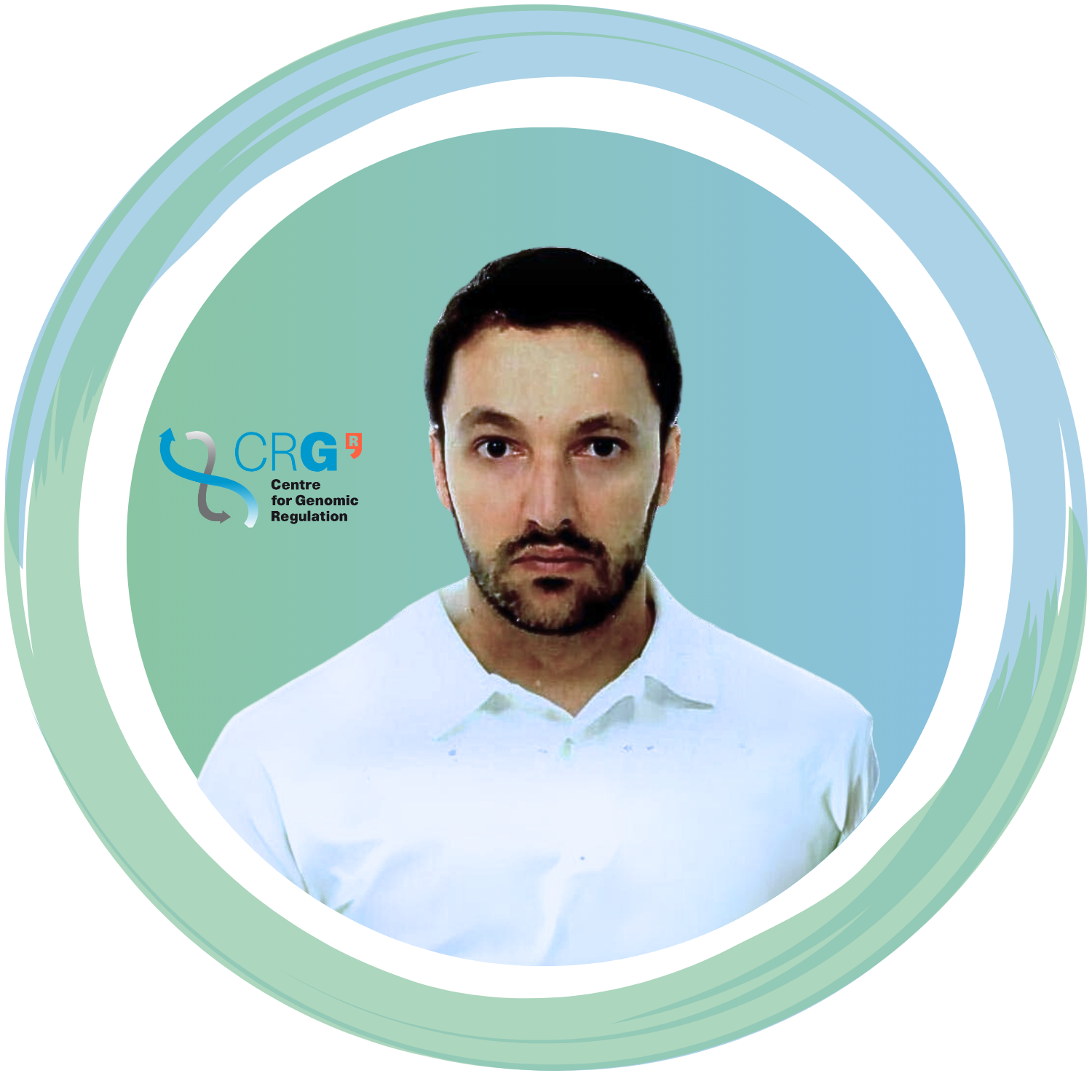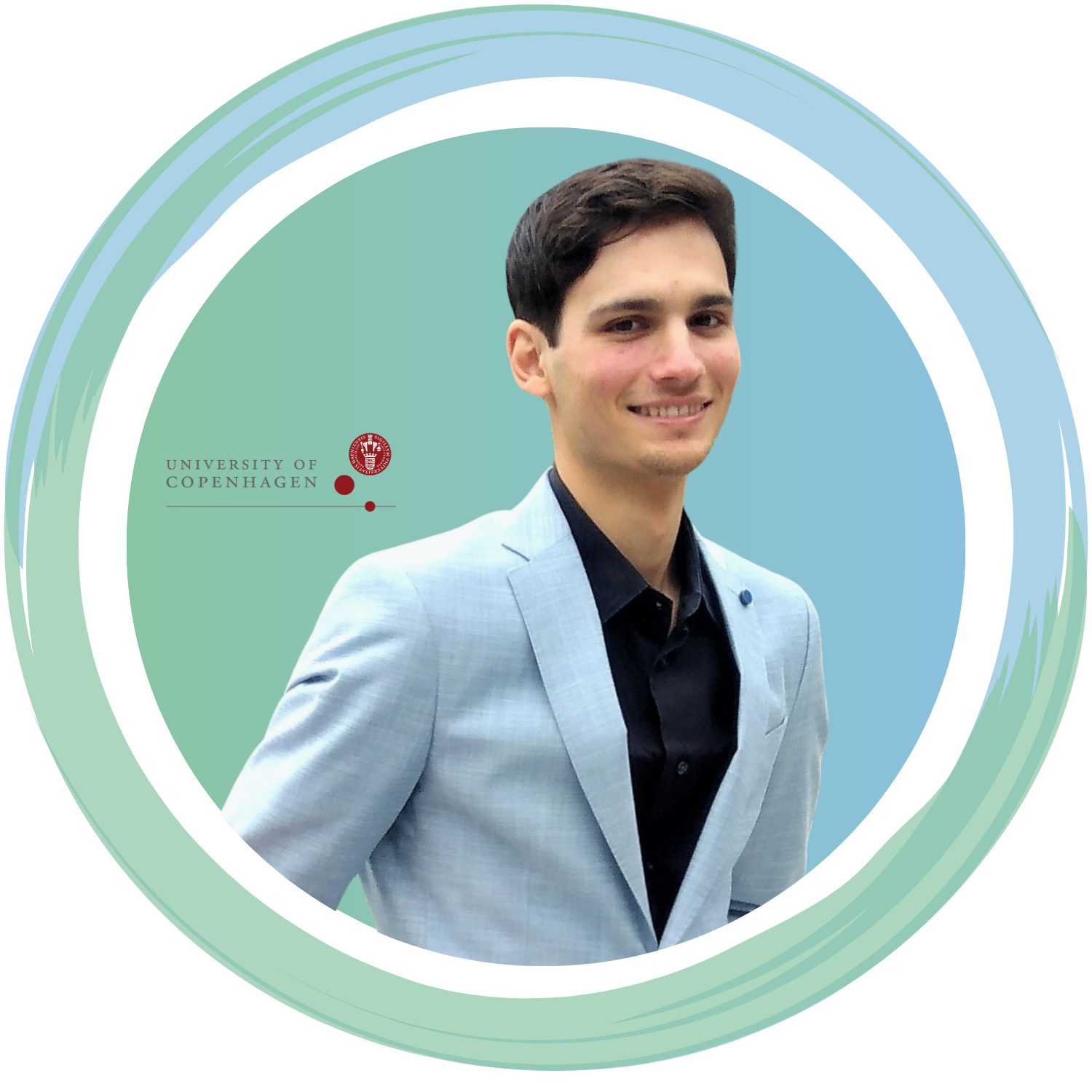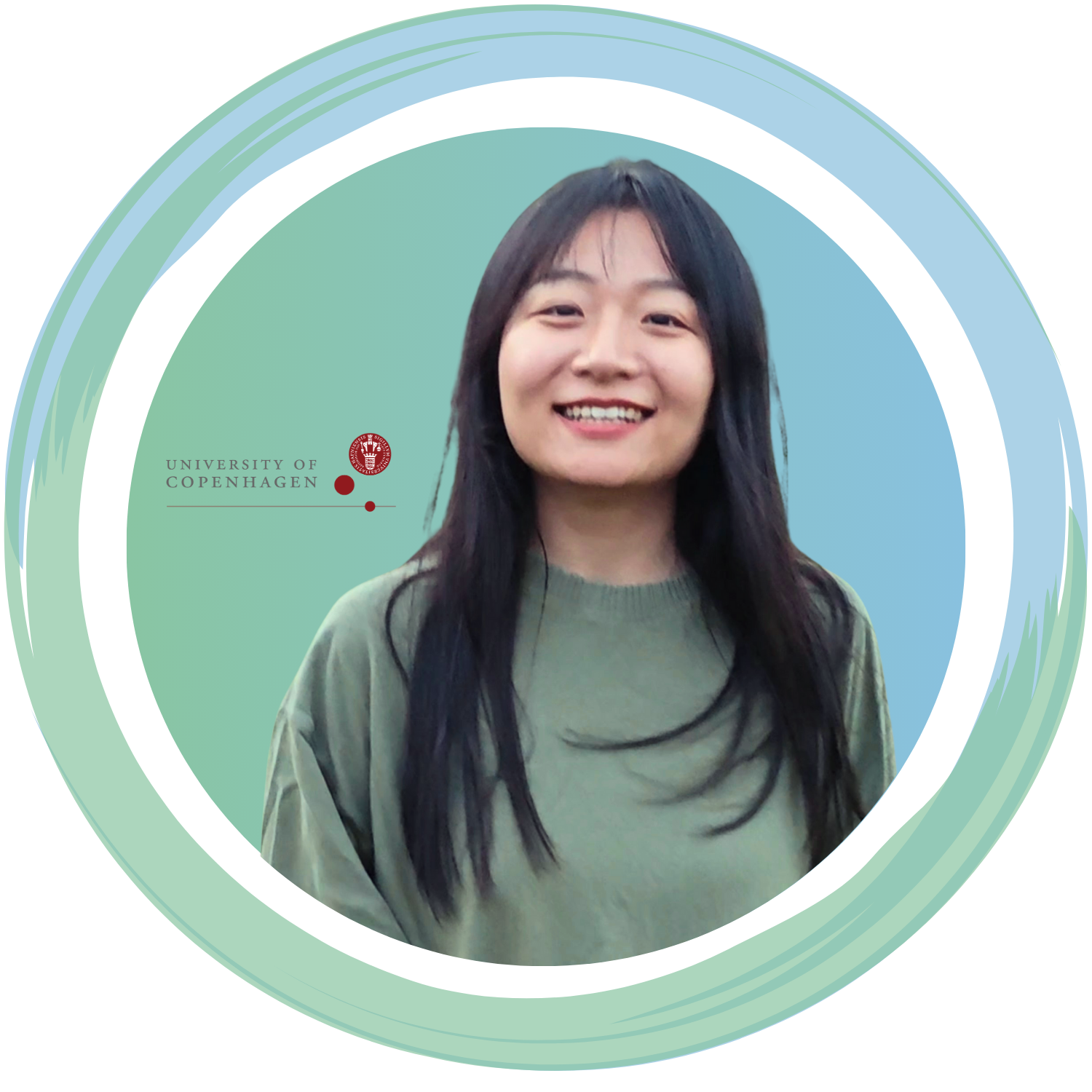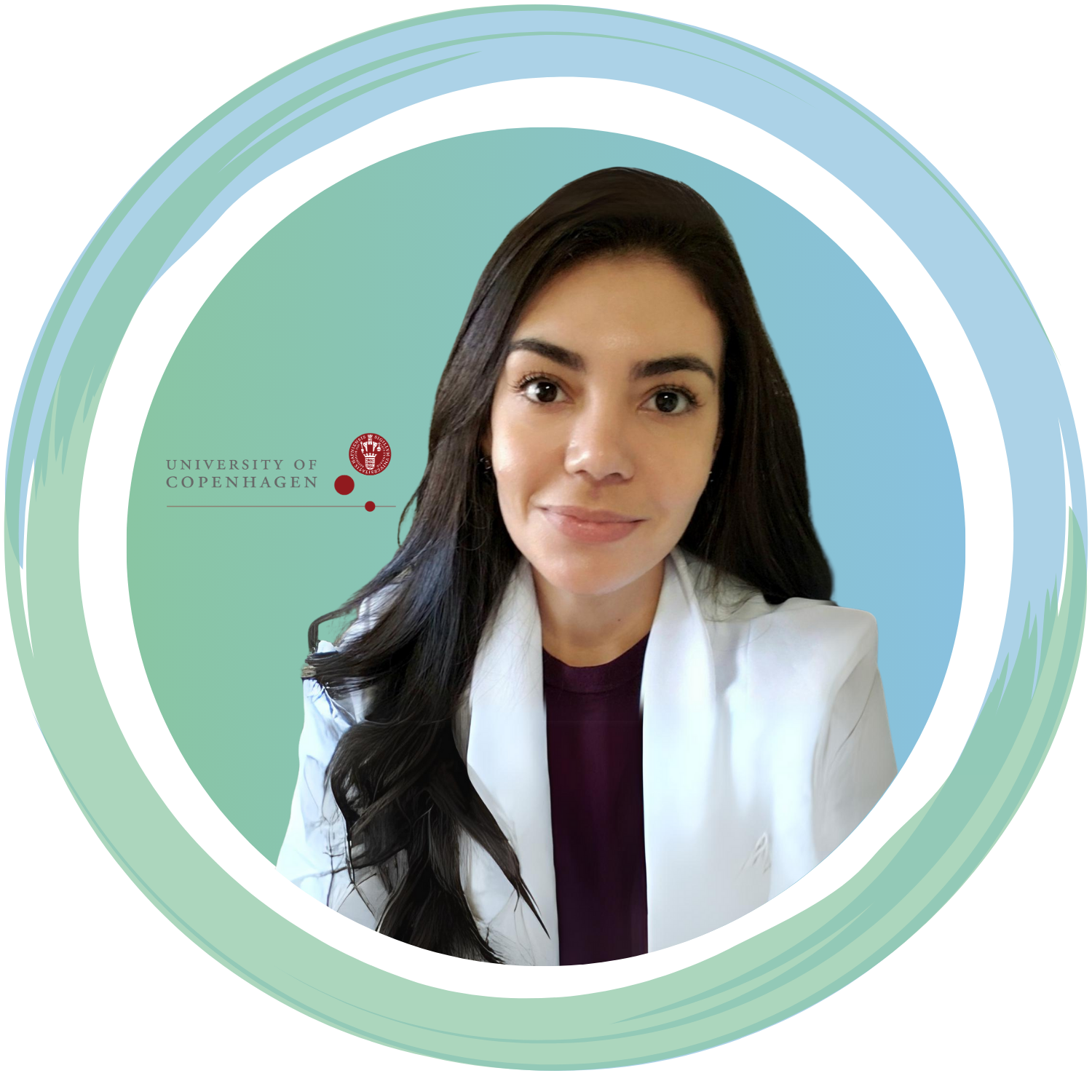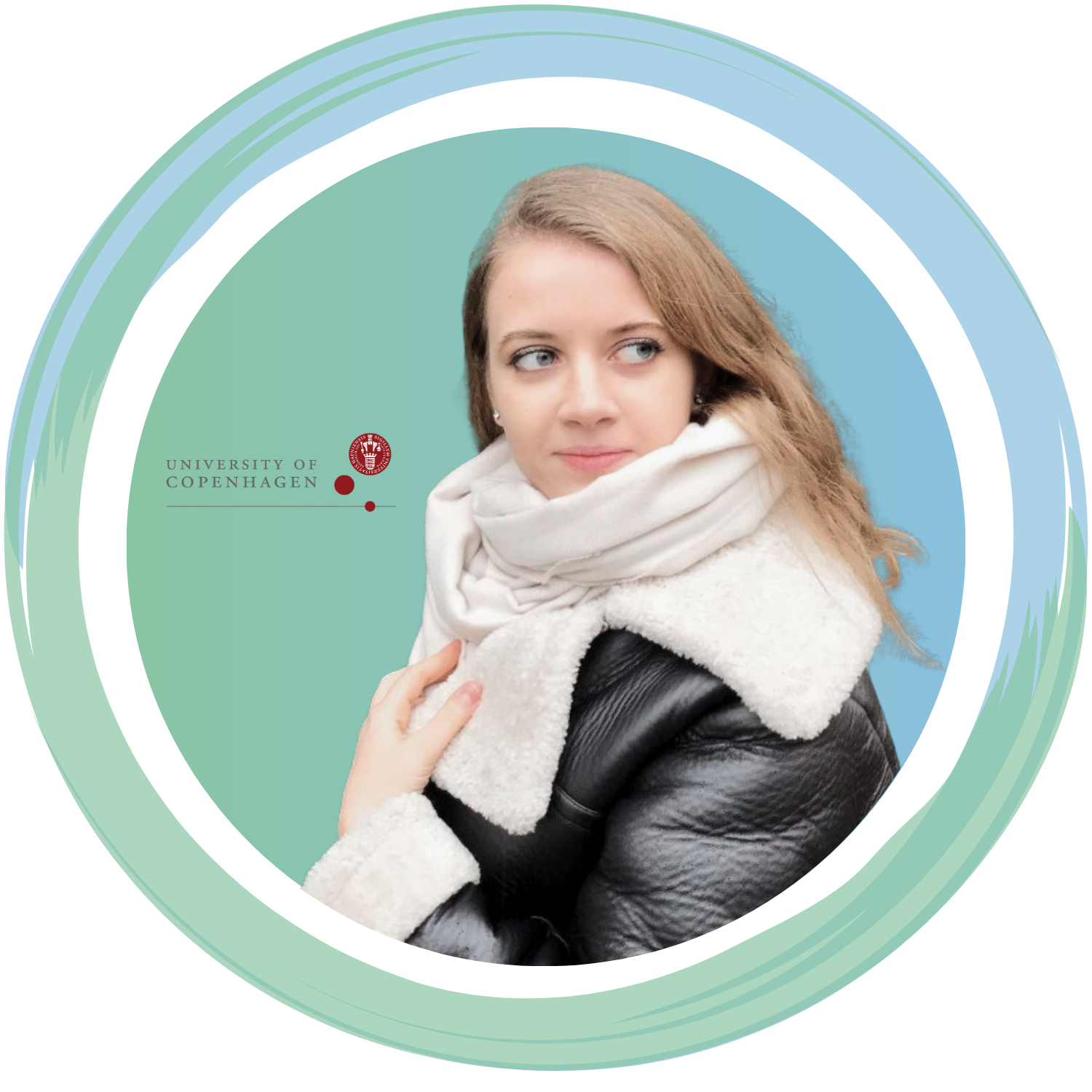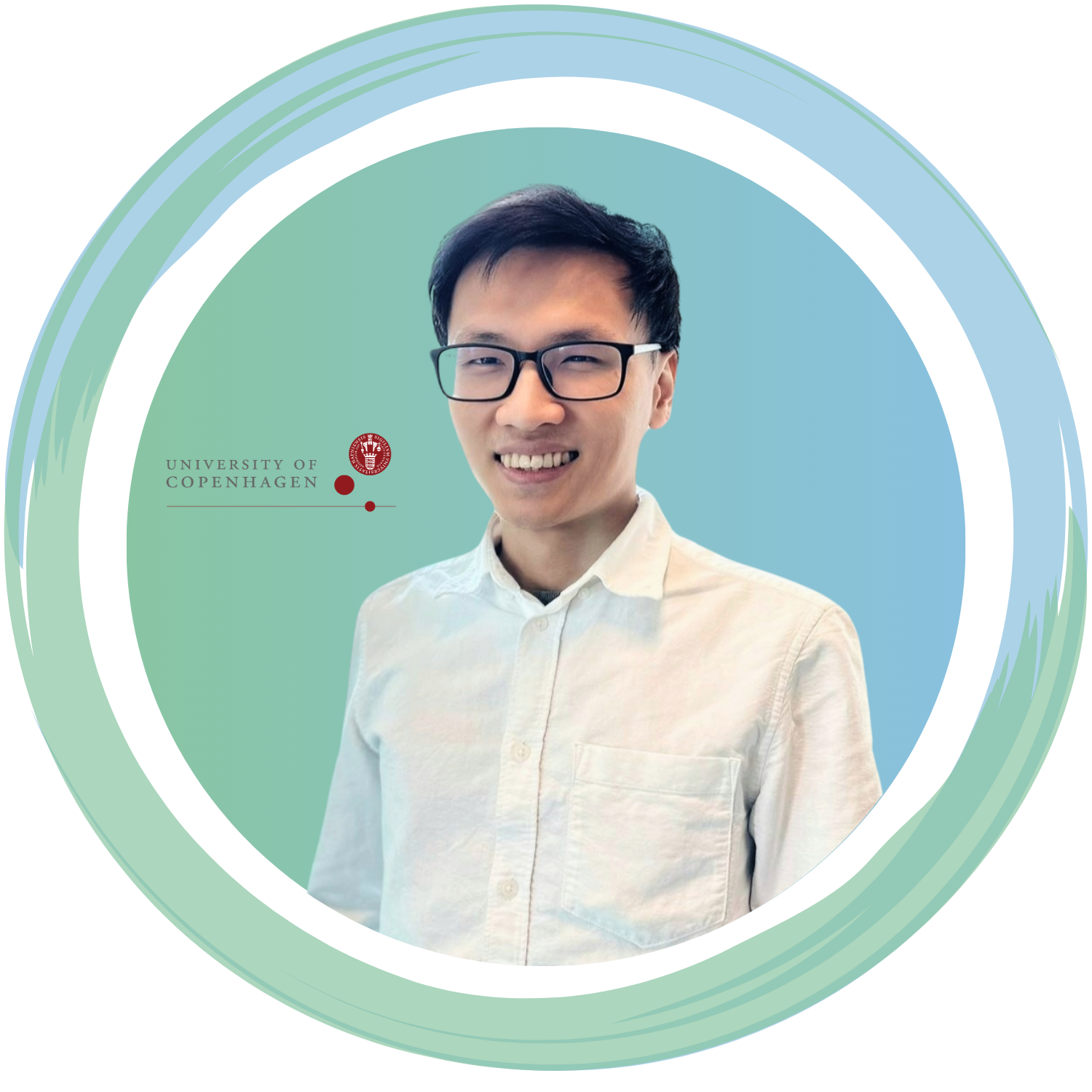The lab: Cid group
Lab's research themes
Our group investigate mechanisms involved in vascular inflammation/remodeling in systemic vasculitis with the aim of identifying clinically relevant biomarkers and therapeutic targets.
Systemic vasculitides are chronic inflammatory diseases of blood vessels associated with significant morbidity and mortality. The most relevant problems are the persistence of inflammatory activity despite currently available treatments and the effect of inflammation on vascular remodeling leading to vessel occlusion and/or dilation.
Our group investigates pathogenic pathways involved in the development of inflammation and vascular remodeling in samples from patients with vasculitis, using biochemical techniques, cell, and molecular biology, with a candidate molecule/pathway approach combined with massive analysis (transcriptomic, proteomic).
Analyses are performed using functional models that include primary cells from patients, co-cultures, adhesion models, migration and angiogenesis, and ex vivo 3D artery cultures. The group also works on prospectively characterizing clinical cohorts with the recording of clinically relevant data (relapses, damage, survival), imaging data, and collecting biological samples where biomarkers of interest can be explored. Moreover, we participate in designing and conducting innovative clinical trials.
Merits of the lab:
The group has contributed to defining the clinical problems of patients with vasculitis related to chronicity and abnormal vascular remodeling, and to discerning pathogenic pathways. Its members have identified biomarkers predictive of clinical evolution and have contributed to the application and approval of innovative targeted therapies.
The group has developed a functional model for the preclinical analysis of new targeted therapies already used by other researchers and that has attracted interest from different companies. The group contributions have been published in first decile journals and have been reflected in the most widely used clinical guidelines.
Why do we train medical doctors in our team?
The group includes members with clinical expertise, experimental training, or both. A deep and creative interaction among them is promoted favoring translational research, as well as interactions with other groups to interchange knowledge and technology.
The PI and co-PI are clinical scientists (MD/ PhD) and the group has a long experience in training medical doctors and basic scientists, most of whom continue to be involved in biomedical research in the group or in other institutions. Currently, the group includes 3 clinical scientist doctors, 3 Staff clinicians, 2 post-doctoral researchers, 2 pre-doctoral students, and a clinical trial coordinator.
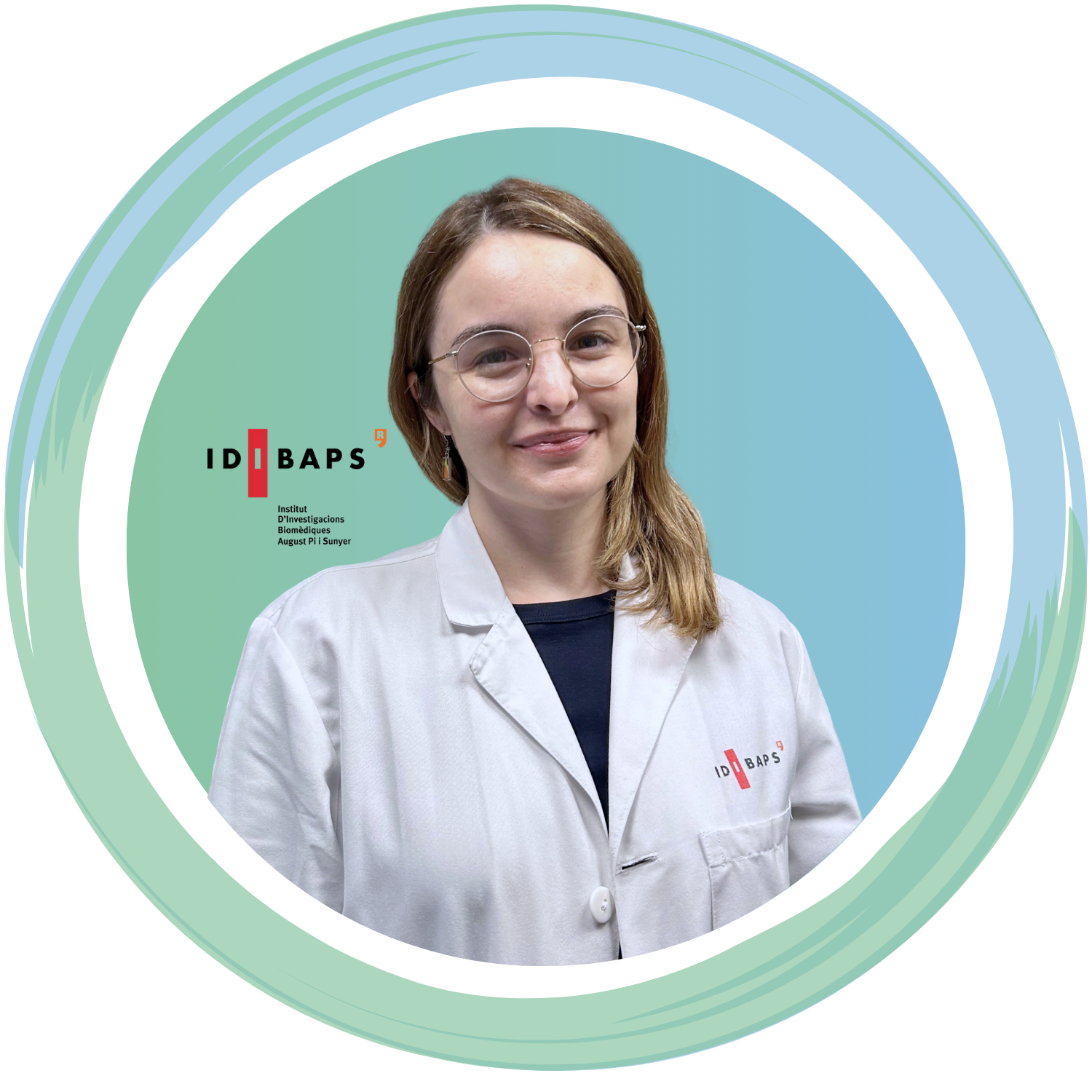
The position
Meet Nina!
Biosketch
Nina Visocnik is a medical resident of nephrology and currently holds the position of a pre-doctoral researcher at the Systemic Vasculitis Research Unit at the Institut d’Investigacions Biomèdiques August Pi i Sunyer (IDIBAPS) in Barcelona, Spain. Her scientific career began during her studies at the Medical Faculty of the University in Ljubljana, Slovenia, where she worked on a retrospective clinical research study analyzing the effect of early steroid withdrawal on the occurrence of subclinical humoral rejection in kidney allografts. For this study, she was awarded the University of Ljubljana’s Medical Faculty’s Preseren research award, and the data was also presented as an E-poster at the 19th European Society for Organ Transplantation (ESOT) Congress in Copenhagen, Denmark. After successfully finishing her studies she began her medical internship at Izola General Hospital, Slovenia, and subsequently started her residency in nephrology at the University Medical Centre Ljubljana, Slovenia. Her interest in inflammatory and autoimmune diseases affecting the kidney lead her to pursue a research internship at the Immunology laboratory of the Department of Rheumatology at the University Clinical Centre Ljubljana alongside her clinical work as a resident. For her PhD thesis at the University of Barcelona, she is researching molecular mechanisms involved in vascular inflammation and remodeling in systemic vasculitides in the group led by Maria Cinta Cid MD-PhD.
University awarding the PhD
Nina is currently enrolled at the University of Barcelona in the PhD Programme Translational Research and Medicine.
I decided to become a physician because…
I decided to become a physician because I wanted to pursue a career that is not only intellectually challenging but also personally rewarding. I have always been interested in science and knew I wanted to work with people. I knew that by pursuing a career path as a physician I would be able to apply my gained scientific knowledge in clinical practice and with that help improve people’s lives.
But also, I wanted to become a scientist because…
During my first years as a medical student, I noticed my growing interest in the pathophysiological and molecular mechanisms behind disease pathogenesis. I formed the belief that a proper understanding of the underlying mechanisms of the disease is needed for successful patient treatment and that novel preclinical insights are needed for the improvement of current patient management strategies. This led me to pursue a career not only as a physician but also as a scientist. In the end, I became most curious about the contribution of the immune system in inflammatory and autoimmune diseases affecting the kidney. Since these diseases affect many people’s quality of life and are still not completely understood I wanted to join the community of dedicated physicians and scientists trying to elucidate the pathogenesis of these diseases and contribute a piece of the puzzle to this vast and complex research field.
What I am working on?
The focus of my research project is the molecular mechanisms implicated in the pathogenesis of systemic vasculitides, which is complex and still poorly understood. We are currently witnessing an expansion of targeted therapies for these patients, however, this is without the complete knowledge of the involved pathways in these diseases, resulting in a heterogeneous efficacy among patients. In addition, the patient’s quality of life is severely impacted by the side effects caused by the currently available treatment options. For my thesis, we will investigate the mechanism of targeted pathways in systemic vasculitides by developing a functional model mimicking these diseases. If successful, the model could enable us to investigate the effect of many potential therapeutic options on vascular inflammation and remodeling. This could significantly impact current treatment approaches and would contribute to the development of personalized medicine in systemic vasculitides resulting in better treatment outcomes and fewer complications due to side effects caused by overtreatment. Our research group’s work is also closely linked to patient management as we prospectively characterize clinical cohorts and participate in designing and conducting clinical trials.
Why is this important to me as a medical doctor?
Being a part of Professor Dr. Maria Cid Xutgla’s research group within the EMERALD’s PhD programme for Medical Doctors enables me to perform clinically relevant and transformative research that closely aligns with my research interests in a multidisciplinary international research environment. By combining my clinical knowledge and experience with in-depth scientific expertise, acquired during my PhD studies, I will be able to contribute towards designing relevant and innovative research questions focusing on unmet patients’ needs in my future career and with that help bridge the gap between basic sciences and clinical knowledge of my respective field. In conclusion, I see this career step as an excellent opportunity to achieve the necessary expertise for performing cutting-edge research that focuses on improving patients’ health and quality of life as a future MD/PhD.
Who am I besides a future physician-scientist?
Being a physician or a physician-scientist is a very rewarding and inspiring profession, however, it can also be demanding, which is why I try to balance this with a fulfilling personal life. Besides spending quality time with family and friends, I enjoy spending time in nature either just going for walks or doing outdoor sports such as cycling, hiking, and skiing. I also love exploring and engaging in new cultures and I do so by travelling and learning new languages.


